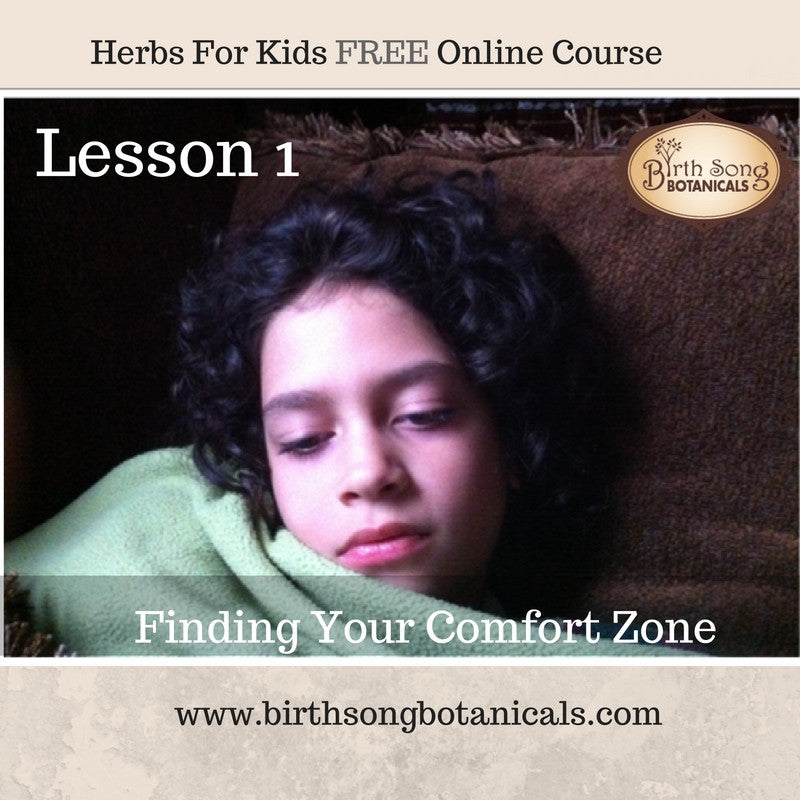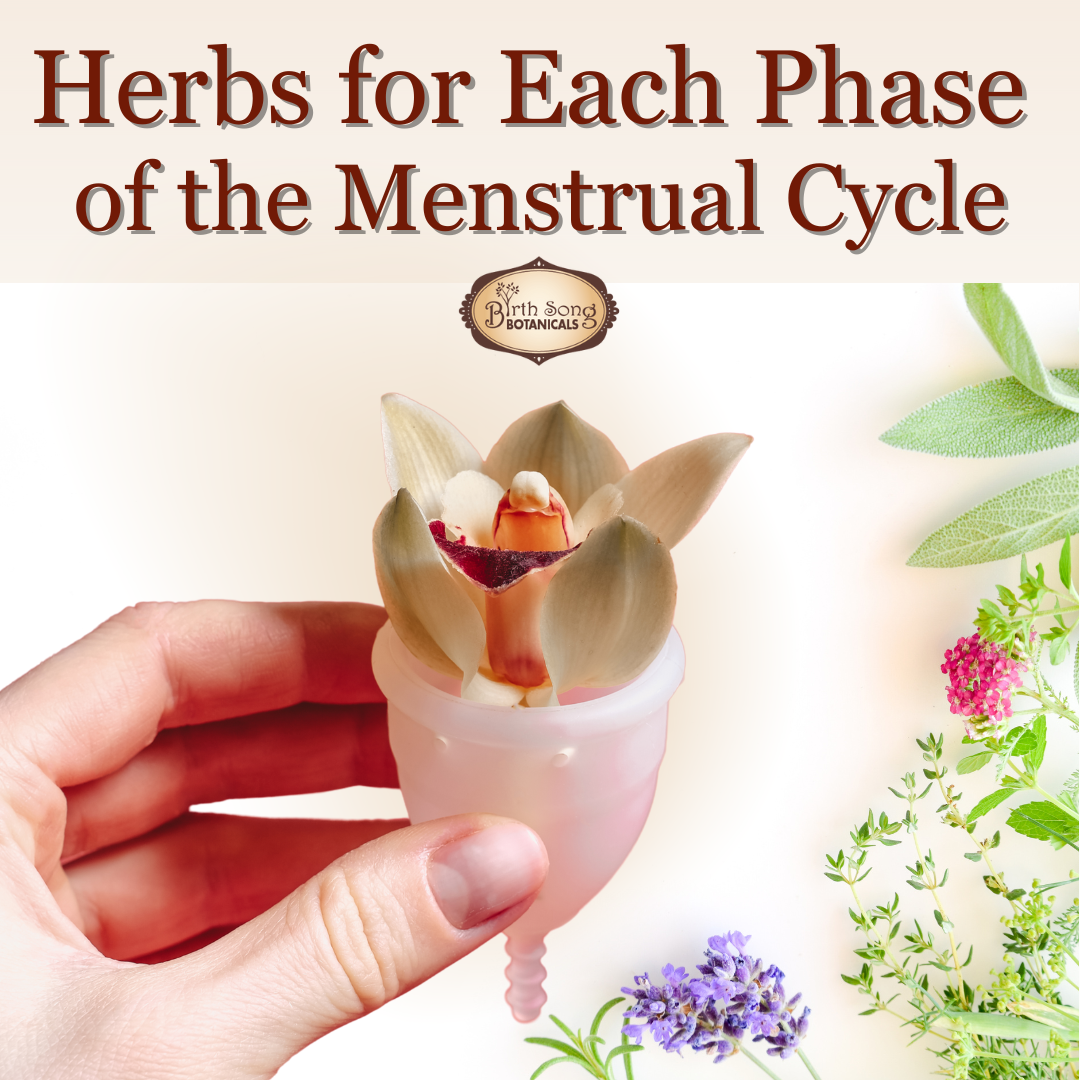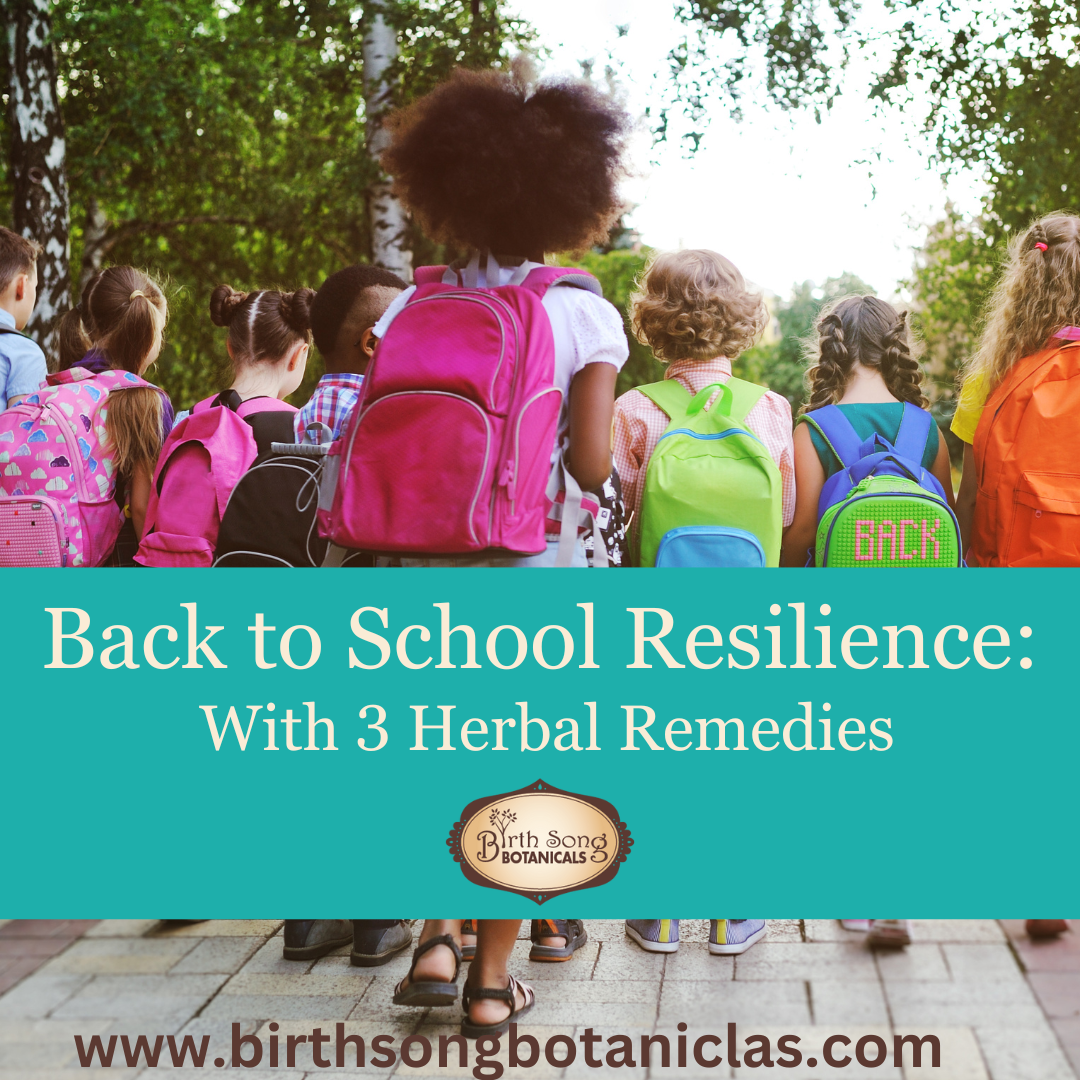LESSON 1- Finding Your Comfort Zone

Just How Often Do Kids Get Sick?
According to Dr. Aviva Romm, M.D., American children get sick as often as 10-12 times a year. That is one illness a month! You may have seen the cycle of a child getting a cough for a week or two. It clears up and a few weeks later he has an earache, then that clears up and he has allergies, and then a fever. It goes on and on. I was stuck in that vicious cycle with my son for a few years. His back-to-back sicknesses were exactly what motivated me to learn more about the healing properties of herbs, to teach a class on herbal medicine for kids, and to write the ebook and create this course.
Using Herbs With Children
One of the greatest challenges when working with children is that they cannot tell you how they are feeling; they cannot explain just how sick they are. As a parent, you become very observant and start to rely on your instinct when it comes to caring for your children. Often, their young, resilient bodies respond well to herbs and recover quickly.

Safety Guidelines
Let’s start with a word about safety. First and foremost, this course is to educate and inspire. It is in no way intended to be taken as medical advice. I am not a physician. I do not treat, diagnose, or cure any disease. I am a licensed, certified professional midwife and a master herbalist.
In this course, it is my intention to share my personal and clinical experience with you. It is up to you to be responsible with the information. What you do with the knowledge you acquire from this course is completely up to you.
When you are first acquainted with herbs, I encourage you to start with the time-tested, tried-and-true herbs that we have all grown up with. Working with familiar herbs will feel more natural and comfortable for you. They will be easily obtainable and affordable. These herbs have histories of not hundreds of years use, but thousands of years, and during this time they have been an essential part of human health.
Safety is the primary goal, especially when you are working with small children. The herbs that we will cover in this course are gentle herbs. They work quite effectively on children’s delicate systems. Children tend to respond quickly to herbs. These herbs can be used with confidence for minor common childhood complaints such as colic, teething, coughs and colds, sore throats, earaches and infections, allergies, bumps, scrapes, and bruises. However, there have been cases in which a person has an idiosyncratic response to an herb. That is to say that the herb affected him or her differently than it does the majority of people. For example, valerian is a sedative. However, in a few people, it can be a stimulant.
Small Patch Testing
If allergies are a concern and you would like to test an herb on your child before you give it to her internally, you can make a tea of the herb. Soak a cloth in the tea and rub it into your child’s inner arm for about a minute. If within 24 hours you see any redness, puffy eyes, rashes, or tightness in the throat, then do not give that herb internally.
If you don’t notice any reaction, you can then give your child 1/2 teaspoon of the tea internally and wait to see if you notice any reaction to the herb. If you still do not notice any reaction, then you may proceed with your herbal protocol.
When to Seek Medical Help
Herbs are often my first go-to for any illness or complaint, but there are times when it is completely appropriate to seek medical advice. In an ideal world, you would have a care provider who shares your holistic perspective and that has met your child in a state of wellness, not just sickness.
I want to dispel the myth that herbal medicine and Western medicine are incompatible. There is no one system of medicine that fits every body and every situation. It is completely appropriate to integrate the two methods. When your child is sick and taking antibiotics, it’s not necessary to give antibiotic herbs—that would be redundant. However, you could give him teas that soothe a sore throat, improve digestion, and help him rest.

WHEN TO SEEK MEDICAL HELP
If your child...
❖ Is not responding to the herbal treatments you have been using.
❖ Shows signs of serious illness, such as fever above 103 degrees F, low-grade persistent fever, delirium, unconsciousness, hemorrhaging, or severe abdominal pain.
❖ Is lethargic, weak, unresponsive, or difficult to awaken.
❖ Complains of a stiff neck and is unable to touch her chin
to her chest—severe headaches may be signs of meningitis.
❖ Has a bulging fontanel (on an infant).
❖ Is less than 6 weeks old and has a fever of 100.4 F or higher.
❖ Has recurring ear infections.
❖ Is dehydrated and has an absence of urine.
❖ Signs of choking, has difficulty breathing, or turns blue.
❖ Has red streaks on the skin emanating from a point of infection.
❖ Has one or more bee stings or insect bites that cause an allergic reaction.
❖ Has burns that are larger than twice the size of your child’s hand; burns that have become infected, or third-degree burns.
Inner Expert
You, the parents, are the expert of your child’s health. Yes, physicians and health care providers know tons about medicine, illnesses, and treatments. However, they do not know the subtleties of your child. They may not notice, like you will, that your child has been a little more clingy, grumpy, or whiny lately. You are the one to notice that he has not been eating like he normally does. You are the one to notice the redness under her eyes or the change in her energy level. All of these could be signs preceding an illness. I encourage you to hone in on these observations. This is a skill that you can cultivate. When you begin to notice the subtle changes, you can implement your wellness plan right away and start fighting the illness before it fully sets in.
Setting Time Frames
When working with herbs and a sick child, setting time frames is super important. Each person’s time frame will be unique to the individual situation and personal comfort zone. Some variables to consider will include how experienced and comfortable are working with herbs. How confident are you that the herbs will work and your child will recover? How sick is he? Is he showing signs of recovery, or getting worse? How long would it take to get medical help? What does your gut tell you to do?
I’m hesitant to offer exact time frames because each of us has a different level of comfort and experience dealing with sick children, as well as different access to health care. When you reach the end of your first time frame, it’s time to re-evaluate the situation and make a decision. Either you continue with your treatments and set another time frame, or you adjust your treatment strategy and set another time frame. Is it time to seek medical care or to change your treatment plan?

If in Doubt, Check it Out!
I am speaking here to the steadfast natural health community that has a resistance to the medical community. There is absolutely no harm in checking in with a trusted health care provider if you are concerned about your child’s health. So what if you go in, and the doc says, “It’s a virus; let it run it’s course, go home, don’t worry.” That peace of mind is worth millions! If you do go, I think it is always a good idea to write down the story of the illness. Include any and all related symptoms, times frames, and treatments that you have been administering.
* This information is for educational purposes only. This is not intended to treat, diagnose, or cure any illness or disease. If you are concerned about your child's health seek medical care.




